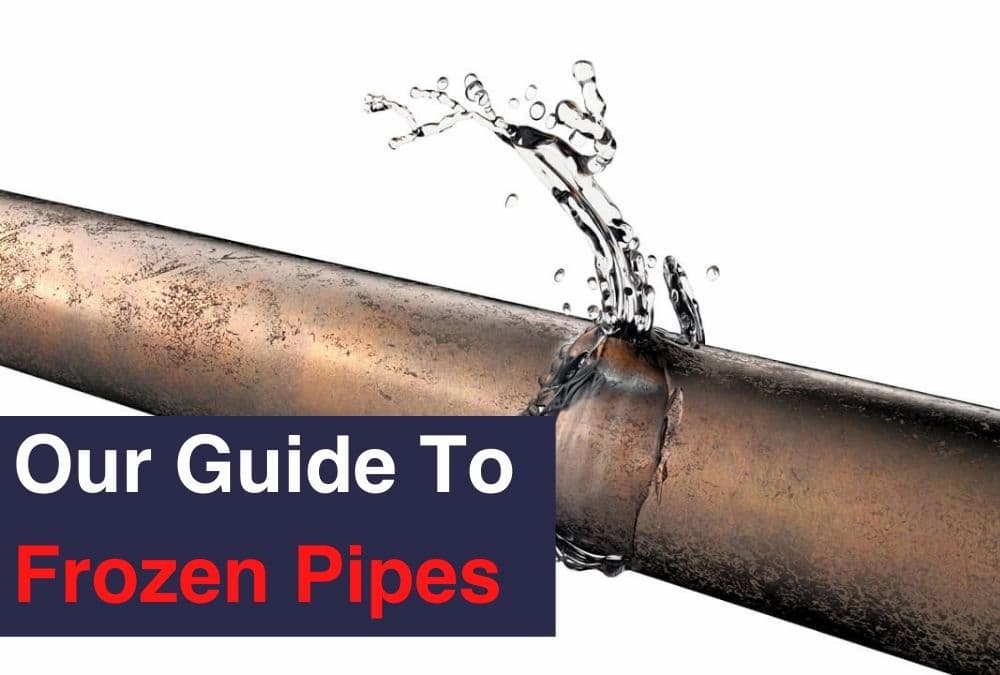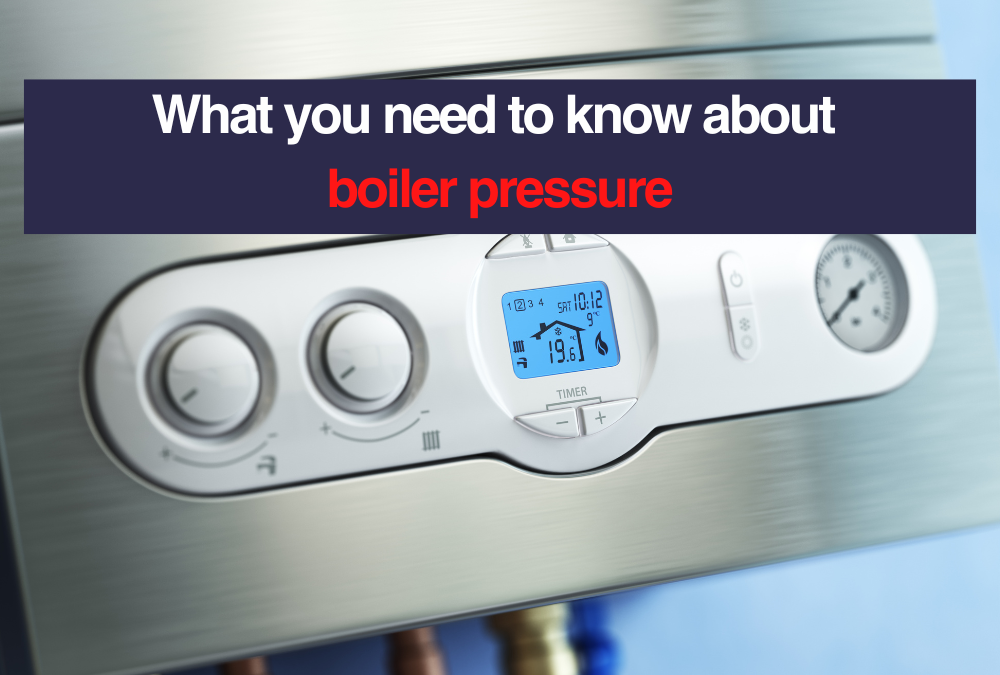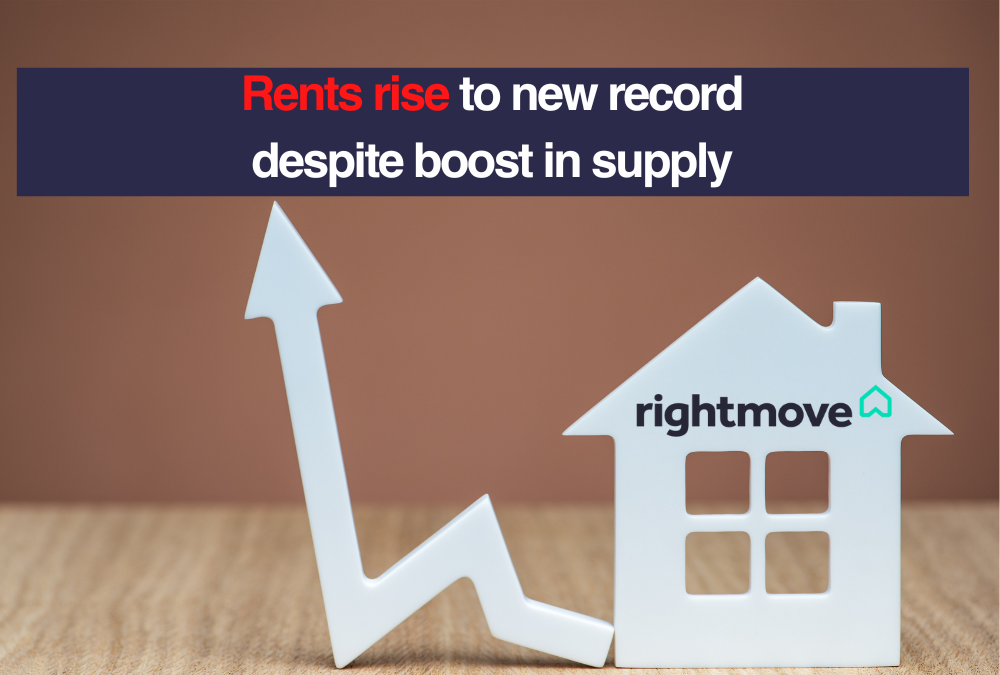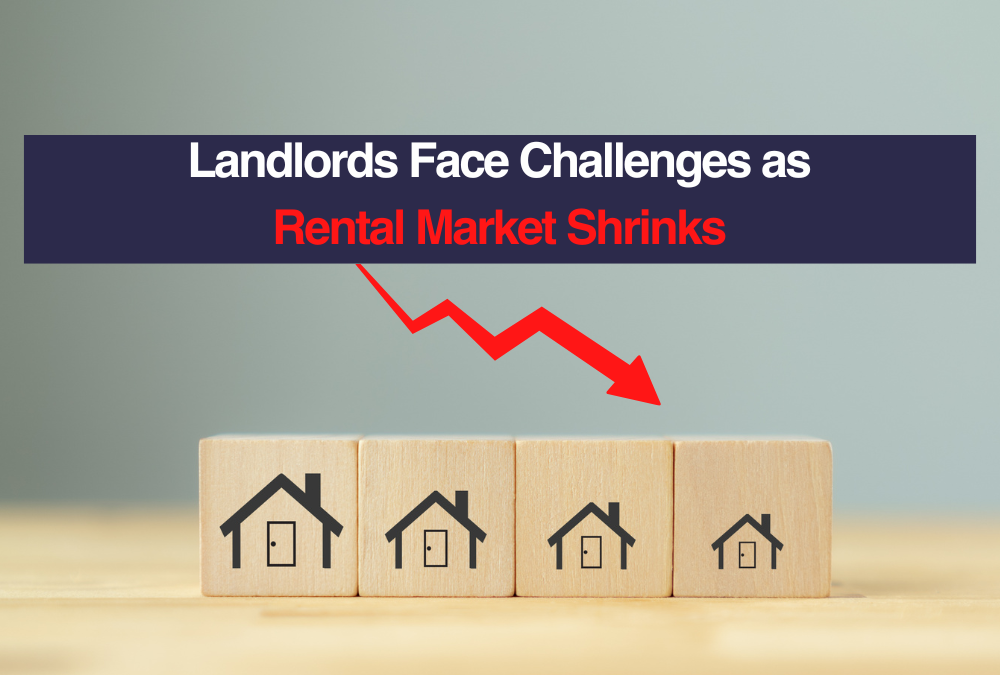Winter cold snaps can cause temperatures to plummet dramatically, so it’s vital that landlords and tenants know the signs of frozen pipes and how to avoid them.
During colder months, you can minimise the risk of flooding by taking steps to prevent frozen pipes. Read our guide to find out how to tell if your pipes are frozen, and how to fix them.
Why do frozen pipes burst?
If the house gets too cold, the water inside a pipe can freeze – expanding as it does so. The expansion can cause a split in the pipe leading to leaks when it warms up and the water thaws. In the worst-case scenario, frozen water pipes can burst due to the increased pressure and cause flooding and water damage.
The pipes that are most susceptible to freeze are, of course the pipes that have the most exposure to the cold such as taps in gardens, garages and sheds.
How do I know if I have frozen pipes?
- There’s no running water, or only a trickle– in these cases, the pipe leading to the tap may be frozen
- The pipe is frosted over– if you can see frost on a pipe, there’s a good chance that it’s frozen
- You notice odd smells– if a pipe is blocked because it’s frozen, you may notice an unpleasant smell coming from the taps or drains
- Your boiler isn’t working– if this happens during a cold snap, the condensate pipe (which is close to the boiler and takes condensation from the boiler to a drain) may be frozen
What to do if you have a frozen pipe
If you spot that a pipe might be frozen, turn off the inside stopcock immediately.
It’s best to thaw out pipes slowly, by using a hairdryer on its lowest setting, hot water bottles, heat lamp, heat pad or towels soaked in warm water.
If you turn on nearby cold taps (keep the stopcock turned off), running water will help to thaw out the ice quicker and pressure will be relieved on the frozen pipe.
What to do if you have a burst pipe
Sometimes pipes freezing and thawing can cause them to burst. Before the plumber arrives, make sure you do the following;
- Turn off the mains water supply immediately by using the stopcock – this will stop any more water getting into the water pipes.
- Turn on all the taps so the built-up water can escape (remember to turn them back off again after the repair).
- Use thick towels to soak up water that has already escaped.
How to prevent frozen pipes
During the winter, there are steps landlords and tenants can take to reduce the risk of pipes freezing in the first place. Here’s an overview of what you need to do:
- Fix all drips– make sure that drips and leaks are sorted immediately.
- Use insulation– it’s important that pipes are properly insulated to reduce the chances of water freezing
- Check the boiler– make sure that your boiler is serviced regularly, usually annually. A faulty boiler is one of the key reasons for frozen pipes
- Always have the heating on – If you are going away, leave the heating on and set the thermostat to 14°C to stop the pipes from getting too cold.
- Manage empty periods– if a property is going to be empty for an extended period, turn off the water stopcock. You may also consider draining the system to make sure that there’s no water in the pipes that could freeze
If you have any questions or would like any help and advice please contact our property management team:
Related Articles
- Preparing Your Property For Winter
- Tips for The Winter from Horizon Lets
- Condensation and How To Beat It
- Landlords Guide to Water Supply & Your Responsibilities
- Landlord’s Guide to Letting Property








